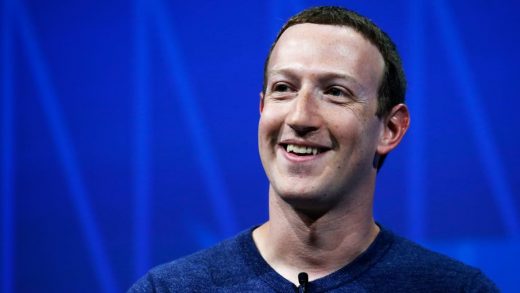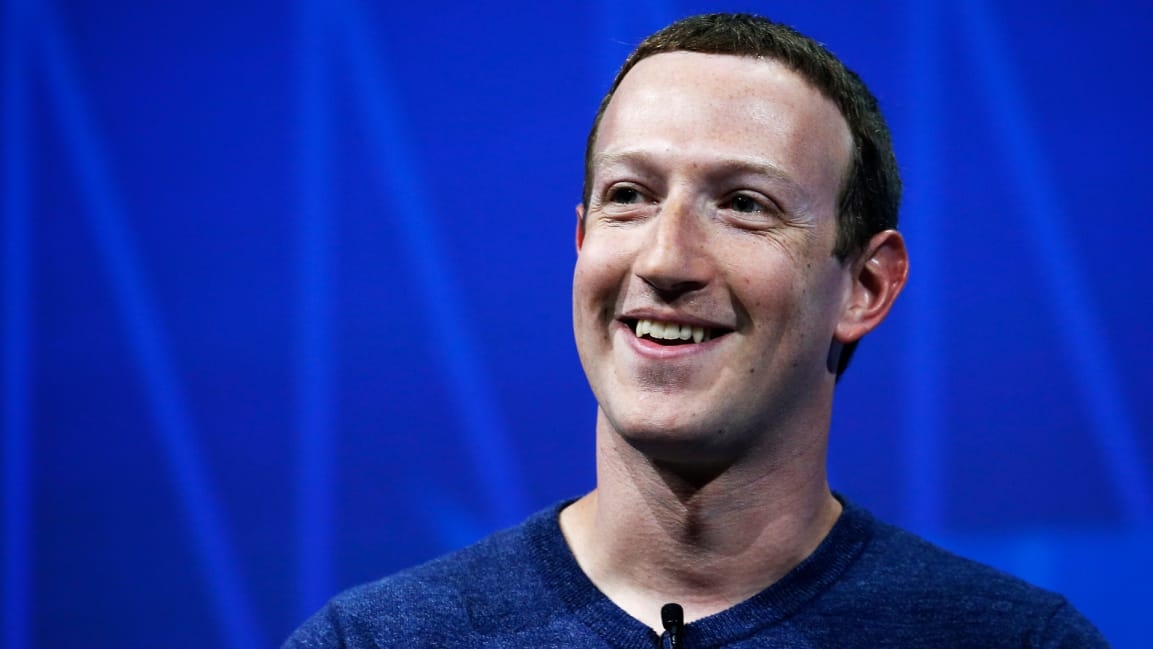Facebook turned 15 on Monday. Here’s its story thus far
When Mark Zuckerberg launched a site he called TheFacebook.com from his Harvard dorm on the afternoon of February 4, 2004, it was clear more or less immediately that he had devised something that was compelling and addictive. Less than a month later, the Harvard Crimson’s Sarah E.F. Milov was already writing of how the nascent social network had “sprung into the Harvard collective consciousness like a Trojan-horse virus.” As it extended its reach to other schools and then the population at large, it did the same to humanity’s collective consciousness, period.
Fast Company didn’t latch onto the phenomenon immediately. But by 2007, we were frequently covering Zuckerberg and his company, and have continued to do so as Facebook has reached 2 billion users, became a profit machine, acquired startups that might otherwise have been its competition, and—most recently—struggled to deal with issues from privacy breaches to fake news to election tampering to matters of life and death.
Herewith, some of our features on the company over the past dozen years, including the seven Zuckerberg cover stories we’ve published to date.
“Facebook’s Mark Zuckerberg: Hacker. Dropout. CEO.” (May 2007)
“I’m here to build something for the long term,” Mark Zuckerberg told Fast Company’s Ellen McGirt, who interviewed Facebook’s founder as he tucked into a bowl of breakfast cereal. “Anything else is a distraction.” Our first cover story on Facebook had to deal with the perception that Zuckerberg had made a mistake by not quickly selling his startup to some big media company, as the founders of MySpace had done.
“Facebook is the ‘It’ Company of 2007” (November 2007)
We were so into Facebook in 2007 that we published another big magazine feature on it just six months later after our first. In it, McGirt covered topics such as a new feature called “News Feed” and “rampant speculation about potential advertising models” that might help Facebook be not only popular but also profitable.
“The World’s Most Innovative Companies” (March 2010)
In 2010, we plunked Facebook atop our signature list of innovative businesses. The company, declared McGirt, had “all but vanquished MySpace, and [was] pushing Twitter ever closer to becoming a mere utility for ego-streaming.” Which meant that the next question was whether it was ready to take on the internet’s 800-pound gorilla among 800-pound gorillas: Google.
“The Great Tech War of 2012” (November 2011)
Zuckerberg returned to our cover for a look at the competition between the tech giants. (On some of the covers, that is: Some readers got alternate copies spotlighting Amazon, Apple, or Google.) Inside, Farhad Manjoo mused on Facebook strengths such as its skill at recruiting, its growing expertise at advertising, and—this one would grow more controversial over time—the quantity of data it collected about its 800 million users.
“Boy CEO” (April 2012)
Zuckerberg did not talk to us for this this cover story, but McGirt drew on 400 hours of reporting she’d previous performed on the company to look at his growth as a leader as the company neared its IPO. In another story, Manjoo considered the ways the company could take on other tech behemoths more directly: by building a search engine, for instance, or creating its own phone.
“Facebook’s Plan to Own Your Phone” (July/August 2014)
After a bumpy start, Facebook’s strategy for mattering as much on smartphones as it had on PCs fell into place—especially once it acquired Instagram and WhatsApp. Austin Carr’s cover story looked at this mobile rebound and the road ahead.
“Inside Mark Zuckerberg’s Bold Plan for the Future of Facebook” (December 2015/January 2016)
For our 20th anniversary cover story, I spent time with Zuckerberg and examined his vision for everything from the blue Facebook app to virtual reality to broadband shot down from giant drones. (“These things can’t fail,” he told me. “We need to get them to work in order to achieve the mission.”) At the time, I knew the company was on a roll that couldn’t last forever—and in retrospect, it was the end of a period when its successes were relatively unencumbered by controversies.
“Facebook, Airbnb, Uber, And The Struggle To Do The Right Thing” (May 2017)
Zuckerberg’s most recent Fast Company cover story was published after Donald Trump won the U.S. presidency—but before the Cambridge Analytica blowup—and tied into Robert Safian’s look at how Silicon Valley companies tried to reconcile idealism with real-world matters. “I believe more strongly than ever that giving the most voice to the most people will be this positive force in society,” Zuckerberg told Safian.
“How Facebook Blew It” (April 2018)
In the wake of revelations about how Cambridge Analytica mined data about Facebook users for political purposes, Alex Pasternack and Joel Winston examined how the research company exploited the system, why Facebook failed to prevent it from doing so, and the implications for the future of Facebook and society.
(10)



